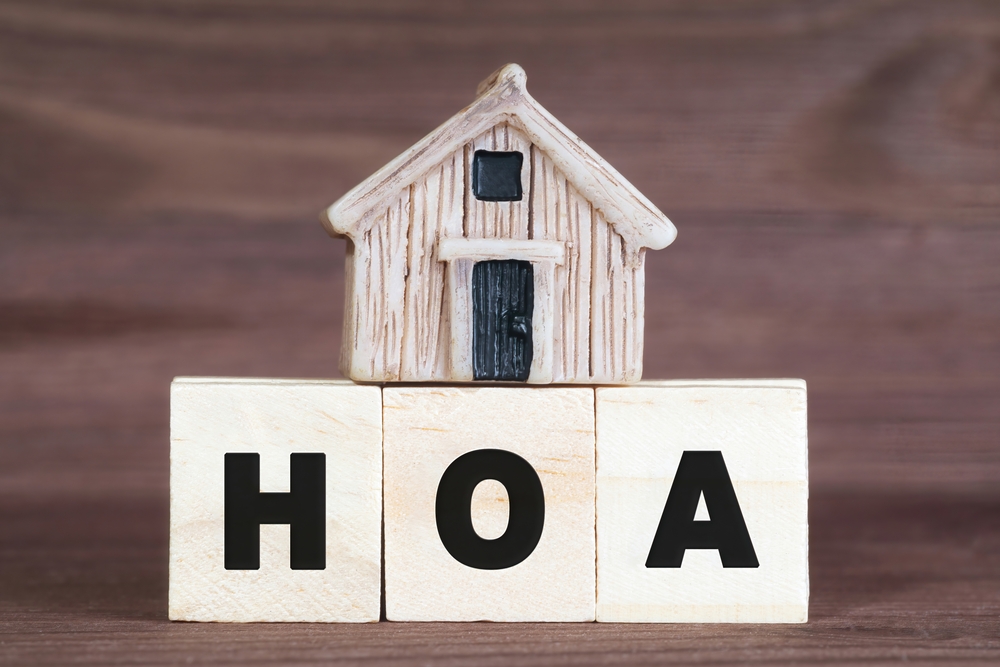
Honesty and integrity are the cornerstones of effective leadership. Community members expect transparency, especially when it comes to issues that affect their property values and quality of life. Board members who avoid evasiveness and communicate openly, even when the news isn’t positive, establish trust. When explaining budget constraints, enforcement decisions, or project delays, be direct and fact-based. Owning mistakes, acknowledging challenges, and offering thoughtful solutions go a long way in earning respect.
A board that encourages civil discourse creates a stronger, more collaborative community. Publicly acknowledging positive contributions—whether from residents, contractors, or fellow board members—helps foster goodwill. On the flip side, criticism should never be made in public. Addressing issues privately and respectfully prevents embarrassment, reduces defensiveness, and preserves the dignity of all parties involved. Constructive feedback, offered one-on-one, is more likely to be received productively.
Board responsibilities span governance, finance, insurance, legal compliance, and facilities maintenance. Staying informed on changes to local laws, fair housing regulations, reserve planning standards, and vendor contracts is essential. Board members should regularly read newsletters from community association institutes, attend training webinars, and review governing documents and financial reports. Ongoing education is a non-negotiable component of board service.
Every board member brings different strengths to the table. Whether it’s a colleague who handles conflict with grace or a resident who provides helpful feedback, keep an eye out for best practices in action. It’s perfectly acceptable to emulate others when it enhances your leadership style. Modeling professionalism, humility, and empathy strengthens your presence on the board and helps others rise to the occasion.
This timeless principle remains relevant in community governance. Treat residents and fellow board members the way you want to be treated—with fairness, empathy, and patience. Even when residents raise concerns in ways that are emotional or misinformed, respond with understanding. Demonstrating fairness and consistency encourages a culture of mutual respect and reduces the likelihood of future conflicts.
In every community, there may be a few residents who thrive on conflict or continuously seek to discredit the board. These situations, while frustrating, should not derail your focus. Rather than escalating tensions or responding emotionally, remain calm and redirect conversations back to facts, policies, and procedures. If someone becomes disruptive, refer them to the HOA’s code of conduct or ask for a written summary of their concern for proper review. Avoiding reactive engagement protects your credibility and the board’s integrity.
Small habits can affect board performance. Misplacing important paperwork, forgetting meeting details, or missing deadlines sends the wrong message. Develop systems to stay organized. Keep digital copies of agendas, financials, and notes. Set calendar reminders for tasks and follow-ups. Whether it’s a permit application, invoice approval, or vendor contract review, being detail-oriented and accountable builds confidence in your leadership.
Though it may seem trivial, borrowing or misusing association resources—whether physical items, time, or authority—can erode trust. Keep board and personal responsibilities separate. Refrain from using HOA assets for personal use or borrowing items from other members that could be lost or damaged. These small boundaries help protect relationships and maintain professionalism.
Serving on the board can be both rewarding and challenging. Fortunately, board members don’t have to navigate it alone. A professional property management company can provide administrative support, legal guidance, budget expertise, and vendor oversight. This allows board members to focus on leadership rather than logistics.
If your HOA is looking to improve its leadership structure, streamline operations, or gain support in enforcing fair policies, Gordon James Realty can help. Learn more about our HOA management services here and contact our team to discuss how we can support your board’s goals.

Can condo owners install security cameras or doorbell cams? Learn how associations should handle cameras, privacy concerns, and common area restrictions.

Learn how attending board meetings and staying informed helps HOA homeowners foster transparency, improve governance, and build stronger communities.
We're proud to make partnering with us easy. Contact our team to connect with one of our industry experts and get started today.